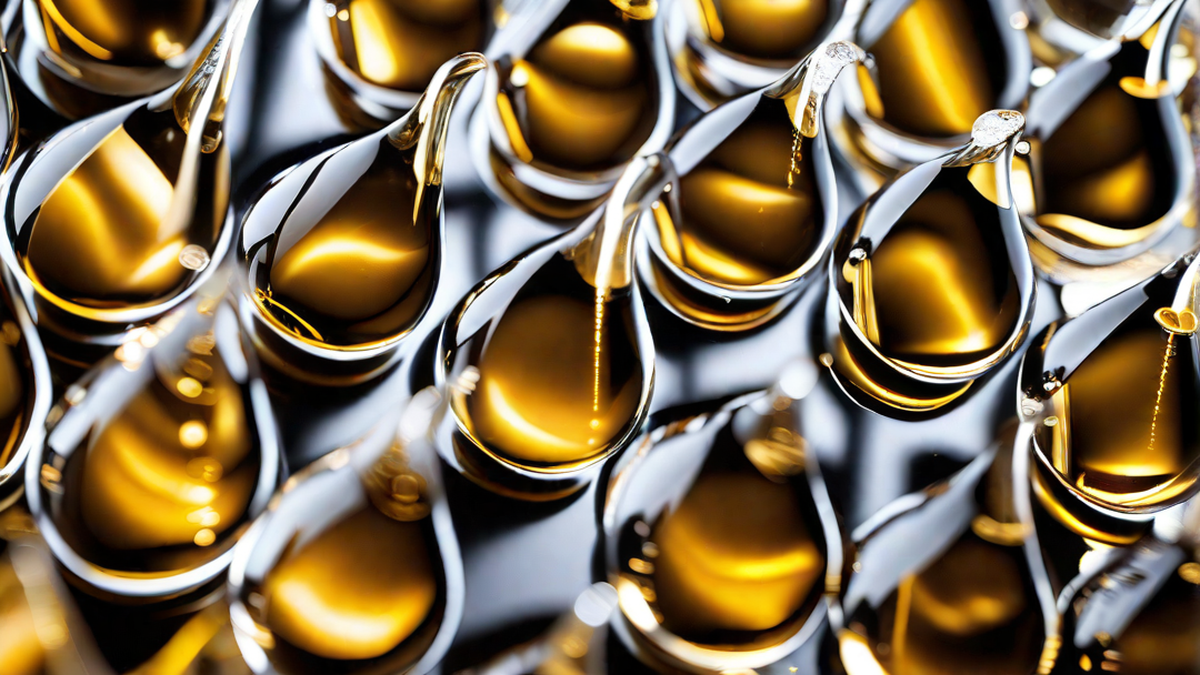Being someone who really enjoys wine and frequently indulges in it, I have encountered the unpleasant occurrence of getting a red wine headache. It can be quite disappointing to look forward to a peaceful evening with a good glass of red wine, only to have it ruined by a pulsating headache. So, what could be causing this? Let’s delve into the potential reasons and discover ways to avoid or lessen these headaches caused by wine.
The Role of Histamines:
One possible reason for red wine headaches is the presence of histamines. Histamines are natural chemicals found in various foods and beverages, including wine. They are responsible for triggering allergic reactions and can cause headaches in some individuals.
During the fermentation process, the grape skins used in red wine release more histamines compared to white wine. This higher histamine content could potentially lead to headaches, especially for those who are sensitive to them.
Tannins and Headaches:
Another culprit in red wine headaches is tannins. Tannins are compounds found in grape skins, seeds, and stems. They contribute to the astringent taste and texture of red wine. While the antioxidants in tannins have health benefits, they can also trigger headaches.
Some people may be more sensitive to tannins, and when consumed in excess, they can cause blood vessels to constrict, leading to head pain. Red wine, particularly full-bodied varieties, tends to have higher tannin levels, which may explain why it is more likely to induce headaches compared to white wine.
Sulfites and Sensitivities:
Sulfites are chemicals often added to wine as preservatives. They help prevent spoilage and maintain the wine’s freshness. While sulfites occur naturally in all wines, red wine generally contains higher levels than white wine.
For most people, sulfites are harmless. However, some individuals may have a sensitivity or intolerance to sulfites, leading to headaches or other adverse reactions. It’s important to note that sulfites are not the primary cause of red wine headaches for most people, as the levels in wine are typically much lower than those found in other foods.
Dehydration and Alcohol:
Alcohol itself can be dehydrating, and dehydration is known to trigger headaches. When enjoying a glass of red wine, it’s essential to drink water alongside it to maintain proper hydration. Not only will this help reduce the risk of a headache, but it will also enhance your overall wine-drinking experience.
Preventing Red Wine Headaches:
Fortunately, there are steps you can take to prevent or minimize red wine headaches:
- Choose wines with lower histamine and tannin levels. Lighter red wines, such as Pinot Noir or Beaujolais, tend to be lower in these compounds.
- Stay hydrated by drinking water before, during, and after consuming red wine.
- Consider taking an antihistamine before enjoying red wine, especially if you know you are susceptible to histamine reactions.
- Limit your alcohol consumption and pace yourself while drinking wine.
- Try aerating or decanting your red wine before consuming it. This process can help reduce the levels of tannins and sulfites.
While everyone’s body reacts differently to wine, following these tips may help alleviate or even prevent those pesky red wine headaches. Remember, moderation is key, and understanding your body’s unique sensitivities will allow you to fully savor the delights of red wine without the unwelcome headache.
In Conclusion:
Red wine headaches can be bothersome, but understanding the potential causes and adopting preventive measures can make a significant difference. From histamines and tannins to sulfites and dehydration, various factors contribute to these headaches. By being mindful of your wine selection, staying hydrated, and practicing moderation, you can continue to enjoy the pleasures of red wine without the unpleasant aftermath.




